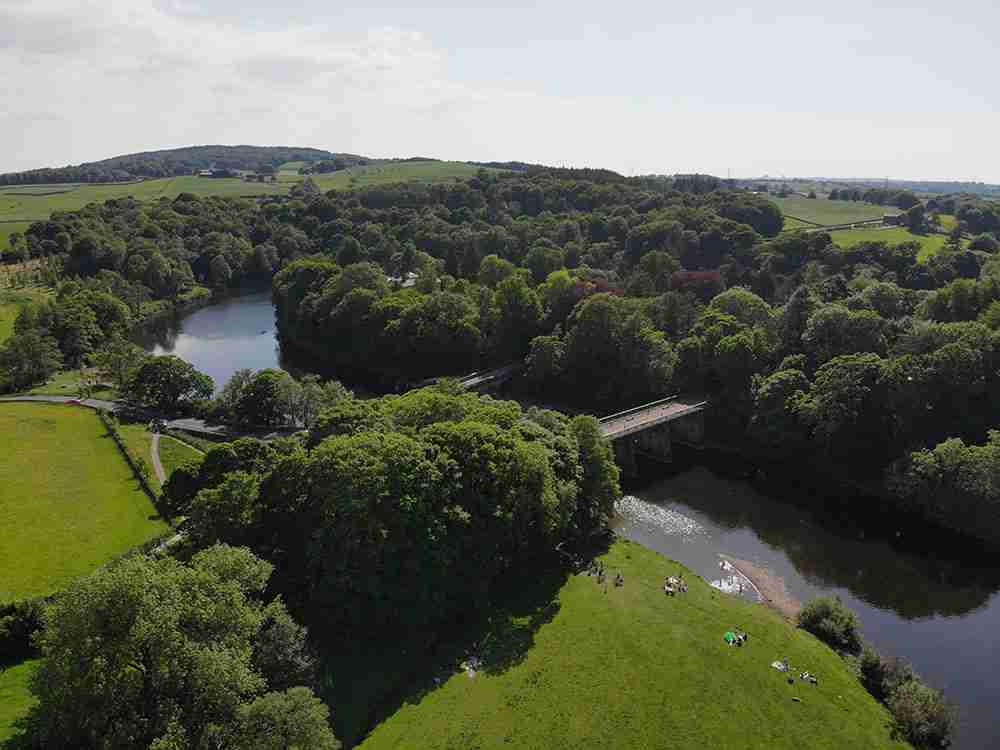
This blog is part of a weekly series from the Pensions for Purpose team. To read this item in pdf format please click on the button at the end.
What are Paris Alignment Forum asset-owner events?
The Paris Alignment Forum runs a series of asset-owner events which are exclusively for pension funds and other asset owners. They provide an opportunity for frank, peer-to-peer discussion around the progress and challenges associated with incorporating climate action into pension fund governance and strategy. Discussions follow “Chatham House” rules, so we report on the proceedings of the meeting, but comments are not attributable. These events begin with a case study of one asset owner’s climate action approach, followed by a sharing of experiences.
David Brown – Trustee of Smart Pension Master Trust
For our first asset-owner event we were delighted to welcome David Brown to speak. He gave an insightful and thought-provoking presentation. The slides and presentation can be found here.
David covered the way that the Trust’s climate strategy had been developed and how this is seen as a “must have” for any pension fund including:
- How to find and work with a strategic partner to understand temperature pathways, successfully employing investment advisors and utilising investment managers’ expertise
- Decisions around joining organisations with a climate focus, e.g. UNPRI, Climate Action 100+, Stewardship code signatory
- Sourcing trustee training and development of trustee beliefs
- Moving from principles to practice – climate aware self-select options and the use of climate aware and impact funds in the default investment strategies held by over 90% of the membership.
What was discussed?
Participants represented a range of pension funds including private sector, defined benefit and defined contribution plans as well as DC Master Trusts and local authority pensions. It is clear that pension funds are on a journey and different participants are at different stages. More than half had started the journey by initiating a climate action plan or governance structure; however most had some way to go in developing detailed reporting and metrics. Themes from the discussion are outlined below.
- Climate governance - Starting early is key to establishing climate governance; the largest pension funds are doing this right now, driven by legislation. There was a recognition that this is a long journey. Also, that for private sector plans, the sponsor’s industry and approach might influence climate action. Finally, participants observed that the reporting requirements could become overlapping e.g. Implementation Statements, TCFD, Chairs Statements plus voluntary memberships such as UNPRI and signatory to the UK Stewardship Code.
- Resourcing - this is a hurdle for many. Combined climate, investment and pension expertise is in short supply and the demand is high. This poses challenges for pension funds with small teams or limited resources.
- Setting targets - Many organisations are setting net zero targets. What lies beneath these targets is important. The discussion covered the purchase of carbon credits to achieve this as well as claims around avoided emissions. There is a desire for industry standards to develop around these issues together with audit standards. The IIGCCs net zero framework was being used by some to develop this.
- Strategic asset allocation - The merits of tilting portfolios to be low or zero emission were discussed. In principle, a net zero portfolio can be constructed now; but is that just moving money around, does it have real world impact? Is a better approach to allocate to solutions which de-carbonise the real economy (which may involve holding carbon-emitters)? In other words, net-zero now, may not be the “right” answer for a pension fund. Finally, is there a “free-ride” element with pressure from other investors causing all portfolios to become less carbon intensive over time?
- Challenges around climate metrics - Various concerns were raised around sourcing data including the difficulty in sourcing temperature pathways. Consistency of data from one manager to another is also a concern for pension funds using a range of managers. Some funds employed data providers directly, but it is recognised that this required additional governance and budget. There was a strong desire for industry-wide consistency. Finally, digging underneath the metrics and understanding how and why they will change from year to year is a challenge. For example, a pension scheme’s reported emissions may change due to changes in market values, asset allocation or manager style making it hard to identify the extent of “real world” impact.
- Holding asset managers to account - Asset owners had a strong desire to use frameworks and data to hold asset managers to account. The net zero asset manager alliance was discussed along with a desire for transparency and consistency.
Would you like to join future asset owner events?
Asset-owner events are open to Paris Alignment Forum members who are involved the governance of assets, e.g. as a Trustee or in-house executive of a pension fund or asset pool. If you would like to receive information about future Paris Alignment Forum events, please e-mail Mike Rogers - [email protected].
Learn more here